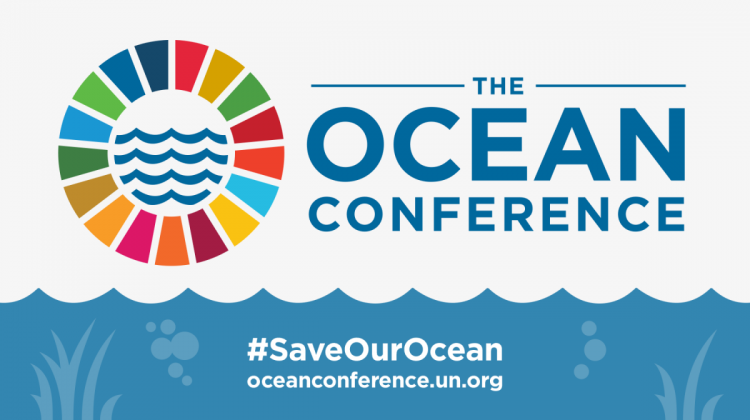On the occasion of the UN Ocean conference in Lisbon, co-organized with the Governments of Kenya and Portugal, The Bridge Tank and the French Development Agency are pleased to share an issue brief on blue economy in the Bay of Bengal.
This issue brief is a synthesis of the main report, where we gathered an outcome of a year-long collaborative effort with key actors in the blue economy sector over three interactive workshops with these.
The Bay of Bengal is one of the essential parts of the Indian Ocean Region (IOR) based on its high potential for geopolitical and geoeconomics’ views. The IOR is a multi-polar region that contributes to more than half of the world’s GDP and population, with the prime focus centered on the ocean.
Its ecosystems and natural resources form a unique asset for the region’s countries and territories. Therefore, understanding and measuring the economic activity tied to this asset is essential for sustainably growing its affected economies and livelihoods.
The Bridge Tank and the French Development Agency (AFD) co-hosted three workshops from November 2021 to March 2022, with the actors from Bangladesh, India and Sri Lanka to discuss and exchange knowledge on how these countries organize their blue economy strategies.
In particular, the conversation delved into how they define their blue economy strategies and propose solutions:
- Assess the physical impacts of climate change on the sustainability of coastal and ocean ecosystems and the fishery resource,
- Adapt to these impacts on the evolutions of coastal ecosystems, social communities and value chains.
With the active participation of various centers from the region, collaborative discussions demonstrated a high level of know-how, technicality and knowledge in terms of collecting information on climate, sea-level rise, fishery resources and implementing projects to address local issues.
Our key points are the following:
- Common outcomes across the three countries have been identified, which provide a common basis for further discussion and identifying projects with a regional common resource dimension and/or global public good:
- a large amount of scientific and think tank activity in the region and technical know-how,
- a major challenge to have these contributions coordinated at the regional level and not progress in a silo,
- questions on the way research may translate into policy making at the national and regional level.
- It is necessary to understand how the blue economy is formalized at the national level and how it gets translated at the very bottom level, as well as the regional level. There is no monitoring, verification and transparency tool to support the deployment of an effective and efficient blue economy.
- What sort of an impact on the larger population will climate transition have on the blue economy policies?
- The multiplicity of stakeholders is an issue for coordination improvement across the value chain of the blue economy leading to fragmentation of the decision and actions.
Read our issue brief here.

